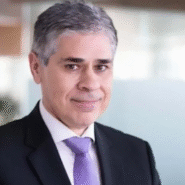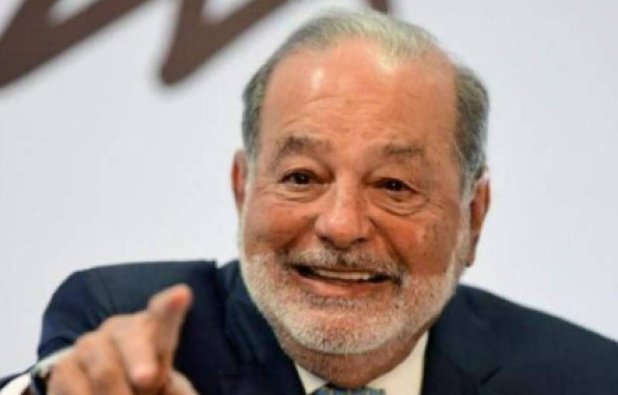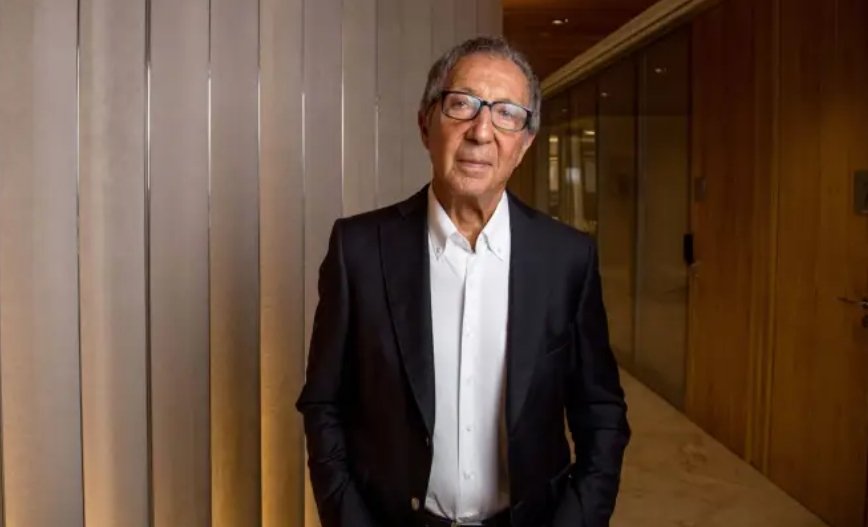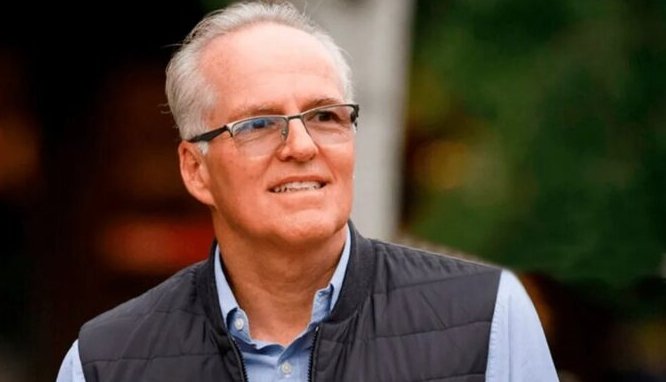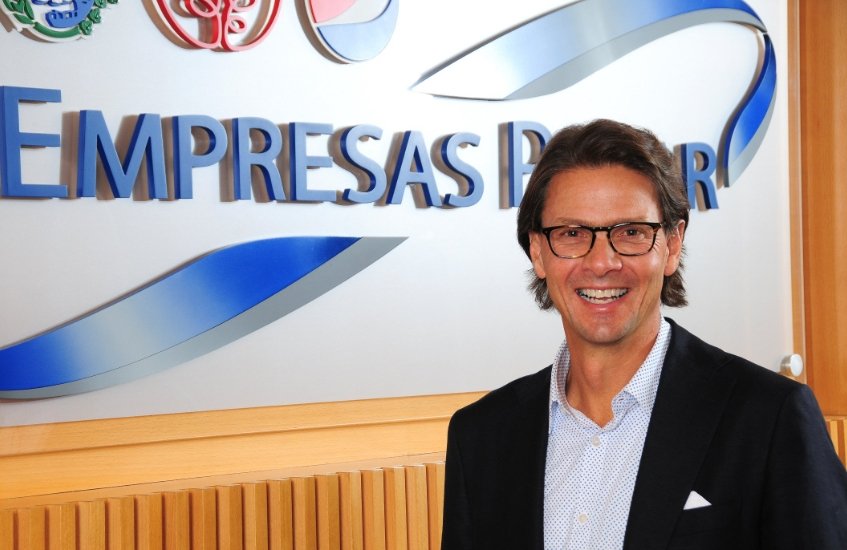Carlos Slim Helú, born on January 28, 1940, in Mexico City, is the richest man in Mexico and Latin America. As chairman of Grupo Carso and Telmex, he has built one of the most powerful and influential business empires in the Spanish-speaking world. Slim, now 83 years old, is a father of six and widower of Soumaya Domit, whose memory he honors through foundations and institutions that bear her name. With a personal fortune that surpasses $90 billion according to Forbes, he ranks among the top ten wealthiest individuals on the planet.
Early roots in engineering and family-led business culture
Slim studied Civil Engineering at the Universidad Nacional Autónoma de México (UNAM), graduating at the age of 21. His foundation in business, however, came even earlier. Influenced by his father’s teachings on saving and investing, Slim showed financial discipline and interest in enterprise from a very young age.
In 1965, he established Grupo Carso, named after the combination of “Carlos” and “Soumaya.” Originally founded as a real estate firm, the company quickly expanded by acquiring businesses across different sectors. Throughout the 1970s and 1980s, Grupo Carso evolved into a diversified conglomerate that would later position Slim as a pivotal player in Mexico’s economy.
Strategic acquisitions during economic crisis
The early 1980s were marked by a severe financial crisis in Mexico. Slim seized the opportunity to invest aggressively. He acquired companies like Bimex, Cigatam and Grupo Financiero Inbursa. These strategic moves diversified his portfolio and strengthened Grupo Carso’s role across industries, including manufacturing, finance and telecommunications.
By the early 1990s, Slim had secured one of his most important acquisitions: Teléfonos de México (Telmex), the country’s national telecommunications provider. This transaction elevated his status to that of an international business magnate.
Telmex and the transformation of Mexico’s telecom industry
Upon acquiring 69% of Telmex’s shares, Slim assumed majority control and set out to modernize the company. While Telmex was already an established institution, Slim’s leadership introduced major innovations in technology, infrastructure and service delivery. With support from international partners and major capital investments, Telmex became one of Latin America’s leading telecom operators by the 2000s.
Slim used Telmex as a platform for further cultural and philanthropic impact. He launched the Telmex Foundation and built the Museo Soumaya in Mexico City, both aimed at advancing culture, education and public welfare.
In the 2010s, the company expanded across South America. The launch of Infinitum, its broadband and fiber optic internet service, propelled Telmex into new markets. The brand now operates in several countries, offering high-speed internet as a regional leader.
Although Grupo Carso owns a major share of Telmex, it remained separate from Telmex’s television ventures launched in 2009. Still, the synergies between Slim’s holding companies and the telecommunications sector created a flow of acquisitions and mergers, especially in Colombia, that reinforced Telmex’s continental dominance.
Forbes rankings and global recognition
Slim’s achievements have been acknowledged consistently by Forbes. In 2015, he was listed among the 20 richest individuals worldwide and became the wealthiest person in Latin America. In 2017, he topped Mexico’s billionaire rankings. As of the most recent updates, his fortune is estimated at over $90 billion, placing him eighth on the global list of billionaires.
Beyond Mexico’s borders, Slim holds a significant stake in The New York Times, underscoring his interest in international media and influence beyond business. His portfolio extends across hundreds of smaller companies and subsidiaries operating under the umbrella of Grupo Carso and Telmex, ensuring constant revenue streams and long-term market dominance.
A disciplined legacy rooted in simplicity and vision
Carlos Slim’s legacy is grounded in long-term investment, strategic reinvestment of profits, and the disciplined management of diversified holdings. From his early fascination with compound interest to his leadership of industrial giants, his career embodies the possibilities of calculated entrepreneurship in emerging economies.
Even today, Slim maintains a reputation for personal austerity and business pragmatism. His empire continues to grow through acquisitions, infrastructure investments and philanthropy. Through Grupo Carso and Telmex, he has not only shaped Mexico’s economic landscape, but has also become a defining figure of global capitalism in Latin America.


